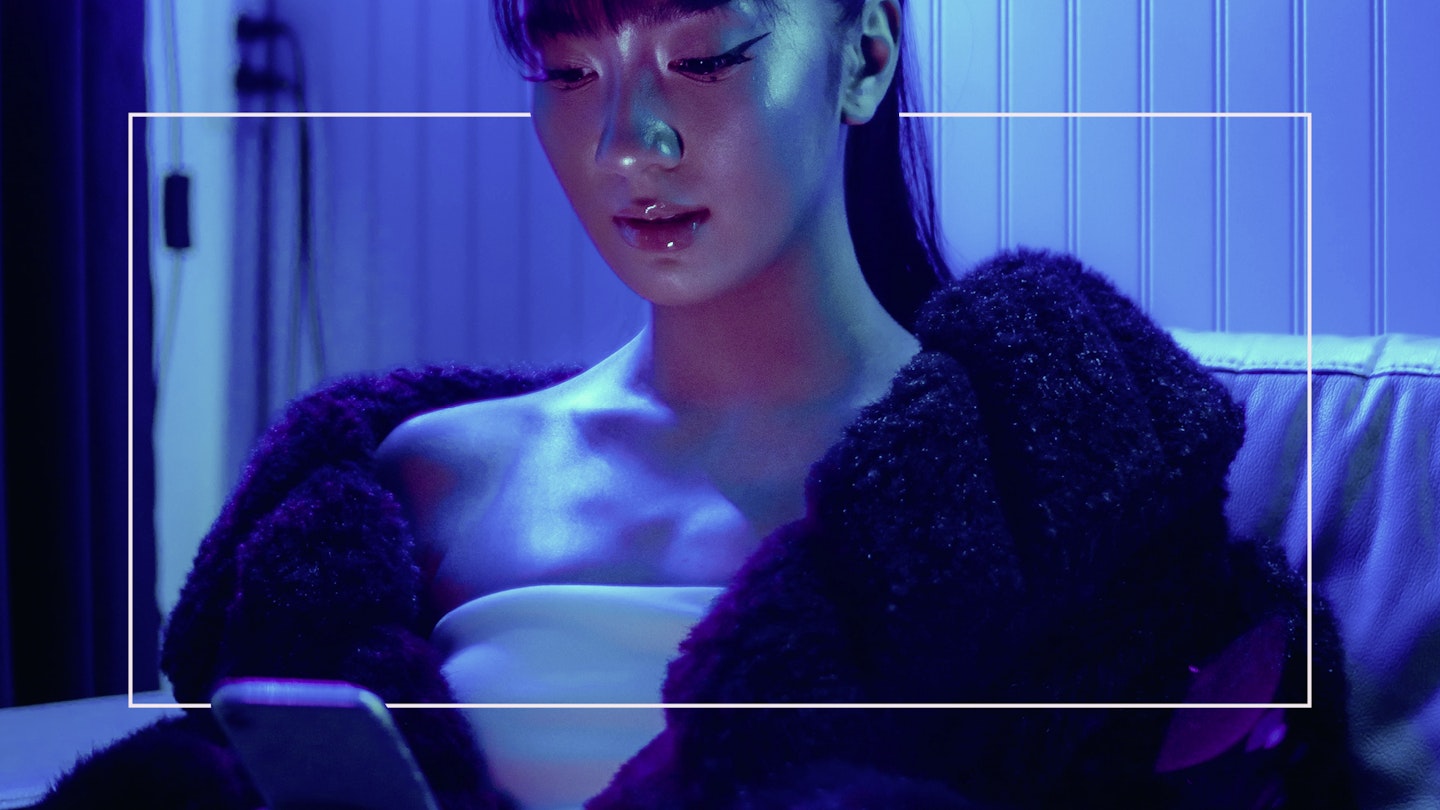After what feels like too many to count weeks either working from or spending more time at home, it’s clear one thing’s soaring thanks to lockdown: screen time. According to the Screen Time app, my time spent scrolling Instagram, Facebook and checking WhatsApp shot up 139% in just that first week of working from home – and it’s been on the rise ever since. I’m not alone. In the UK, we now spend more time on our devices in 24 hours than we do sleeping, according to Ofcom research. And, while this is currently keeping us connected with friends and family as well as providing some much-needed escapism – it could also be having a detrimental effect on our skin, because of all the blue light emitted from screens.
Face Time
‘Blue light, otherwise known as high-energy visible light (HEVL), is on the natural visible light spectrum, close to UV light, and is emitted by technology devices,’ explains dermatologist and founder of Decree Skincare, Dr Anita Sturnham. ‘It has a short, high-energy wavelength that can deeply penetrate the skin, even more so than UV rays, as we’re so close to the source,’ explains Dr Howard Murad, dermatologist and founder of Murad Skincare. Research has found that excessive exposure to blue light can cause skin damage, including pigmentation, inflammation and weakening of the skin’s barrier functions.
‘Our skin is photosensitive,’ says Debbie Thomas, laser expert and founder of D Thomas Clinic, ‘which means light triggers reactions – and one of those reactions believed to be triggered by blue light is oxidative stress – which we know promotes extrinsic skin ageing.’ As well as ageing, studies have shown that regular blue light exposure activates melanocytes, the cells responsible for making pigmentation, leading to patches of discolouration and uneven skin tone. ‘I’ve noticed in recent years that many younger clients are experiencing skin conditions normally associated with older clients, such as pigmentation and fine lines,’ reveals Murad, ‘which isn’t that surprising for a generation constantly plugged in.’
Tech Neck
Blue light isn’t the only culprit here. Our phone addiction is also having an impact on our facial muscles. ‘If you find yourself squinting or furrowing your eyebrows when staring at your screen, this movement is produced by contraction of the muscles, which makes the skin wrinkle,’ explains Sturnham. ‘These wrinkles aren’t permanent, but if you repeat the same facial movements frequently, the muscles become bigger and stronger, and over time those movement wrinkles will become more pronounced.’ The same goes for our necks when we repeatedly look down to get our social fix.
Night Light
If you need more convincing to put down your phone, a bad night’s sleep can also result from blue light. ‘It disrupts our sleep-wake cycle and is one of the first things I look at when a patient presents to me with insomnia,’ says Sturnham. ‘Our circadian rhythm is directly linked to light exposure, and our eyes send the message to our brain to increase the sleep hormone melatonin when the lights are dimmed,’ explains Murad, ‘which is why it’s so important to remove any light source from the bedroom at night.’ But 55% of us still use our phones in bed. Interestingly, research has found blue light suppresses the production of melatonin more than any other type of light. Thomas suggests avoiding your devices for at least two (yes, two) hours before you go to bed.
Beat The Blues
Of course, it’s unlikely that we’re going to undergo a digital detox right now. But try to limit your screen time (even just a little) as prevention is always better than cure. But if you can’t, don’t panic, there are myriad lotions and potions and other options to help prevent HEVL skin damage. First up, you can buy screens that filter out blue light or light-filtering glasses that will protect your eyes and sleep cycle. Also, turn down the brightness of your screen – ‘If it’s not as bright, the light won’t be as strong and neither will the resulting damage,’ says Thomas.
In skincare, there are two main products to search out – antioxidant-rich formulas and broad-spectrum sunscreen. ‘Antioxidants neutralise the free-radical damage and melanocyte activation caused by blue light,’ says Sturnham. Try a multi- tasking product, such as Decree Day Shield SPF 30, £75, which contains mineral UV blockers as well as a powerhouse of antioxidants, including green tea, white tea and red tea extract, or Dermalogica Invisible Physical Defence SPF30, £49 – a weightless, sheer cream that protects against UVA/UVB and blue light, and sits comfortably under make-up.
Screen Space
To separate from your screens, follow these tips:
-
Set limits: Thanks to the Screen Time app, not only can you see the hours spent scrolling Instagram creep up, but you can also set daily limits. The daily recommended time to spend on your phone is no more than two hours.
-
Listen to a podcast: Occasionally, swap out Netflix for a good podcast to give tired or strained eyes a rest. We’re currently enjoying Happier With Gretchen Rubin, Fortunately, Shameless and The Fake Heiress.
-
Get lost in a good book: This one might be an obvious option, but one study by the University of Sussex found that just six minutes of reading reduced stress levels by more than two thirds, making it the perfect bedtime activity.
-
Spend time outside: And not just for another blossom pic on the ’gram. Enjoy your daily exercise and immerse yourself in nature. Research has revealed that looking at trees reduces blood pressure and stress-related hormones.
Shop the best products to protect and treat skin from blue light damage:
Blue Light Protect And Treat
 1 of 7
1 of 7Allies of Skin Peptides & Antioxidants Firming Daily Treatment, £112
If you're looking to make an investment, Allies of Skin Peptides & Antioxidants Firming Daily Treatment, £112, is expensive but notably boosts collagen production, fades dark spots and protects against HEVL and pollution.
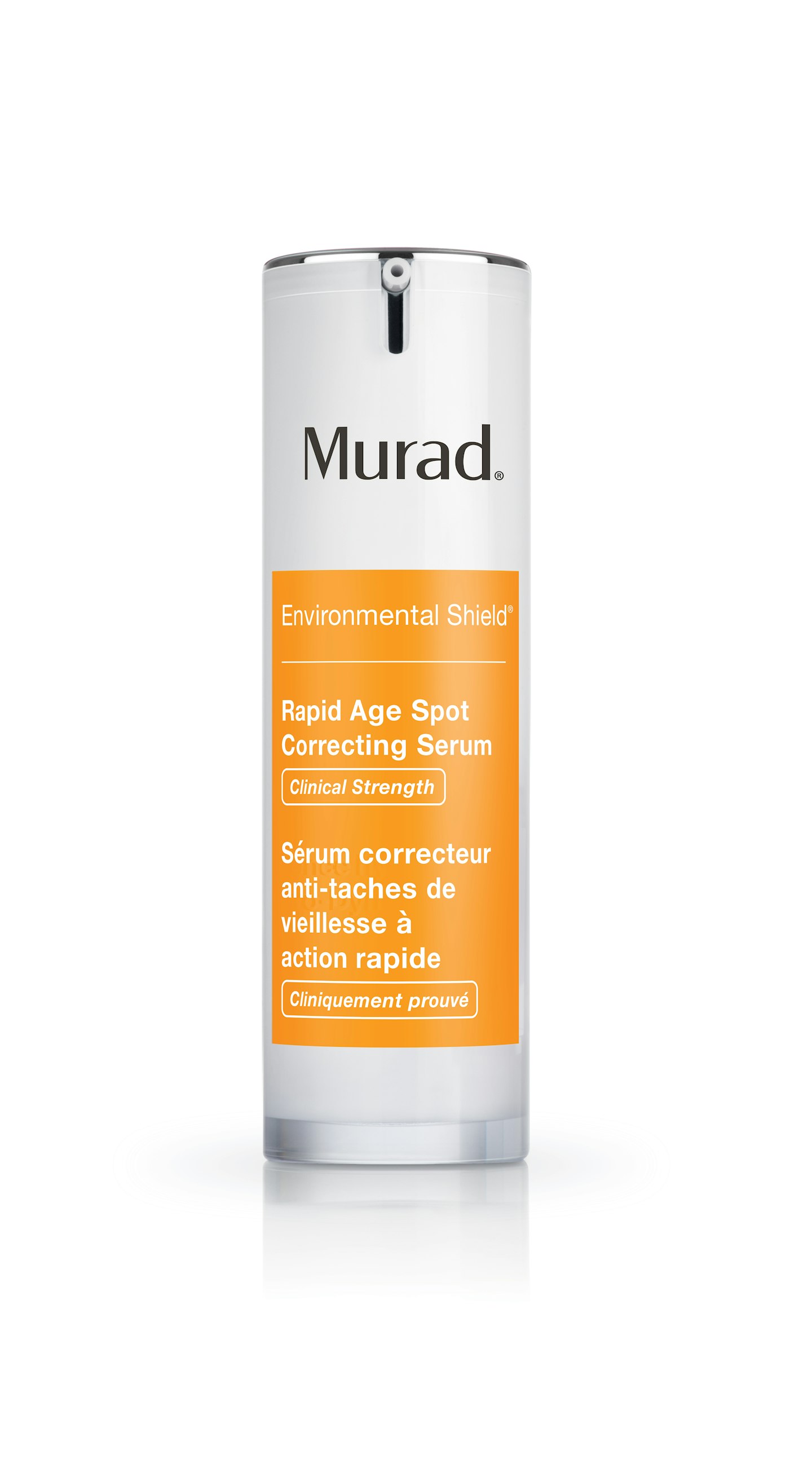 2 of 7
2 of 7Murad Rapid Age Spot Correcting Serum, £75
Laced with niacinamide and vitamin C, Murad Rapid Age Spot Correcting Serum, £75, reduces dark spots and pigmentation.
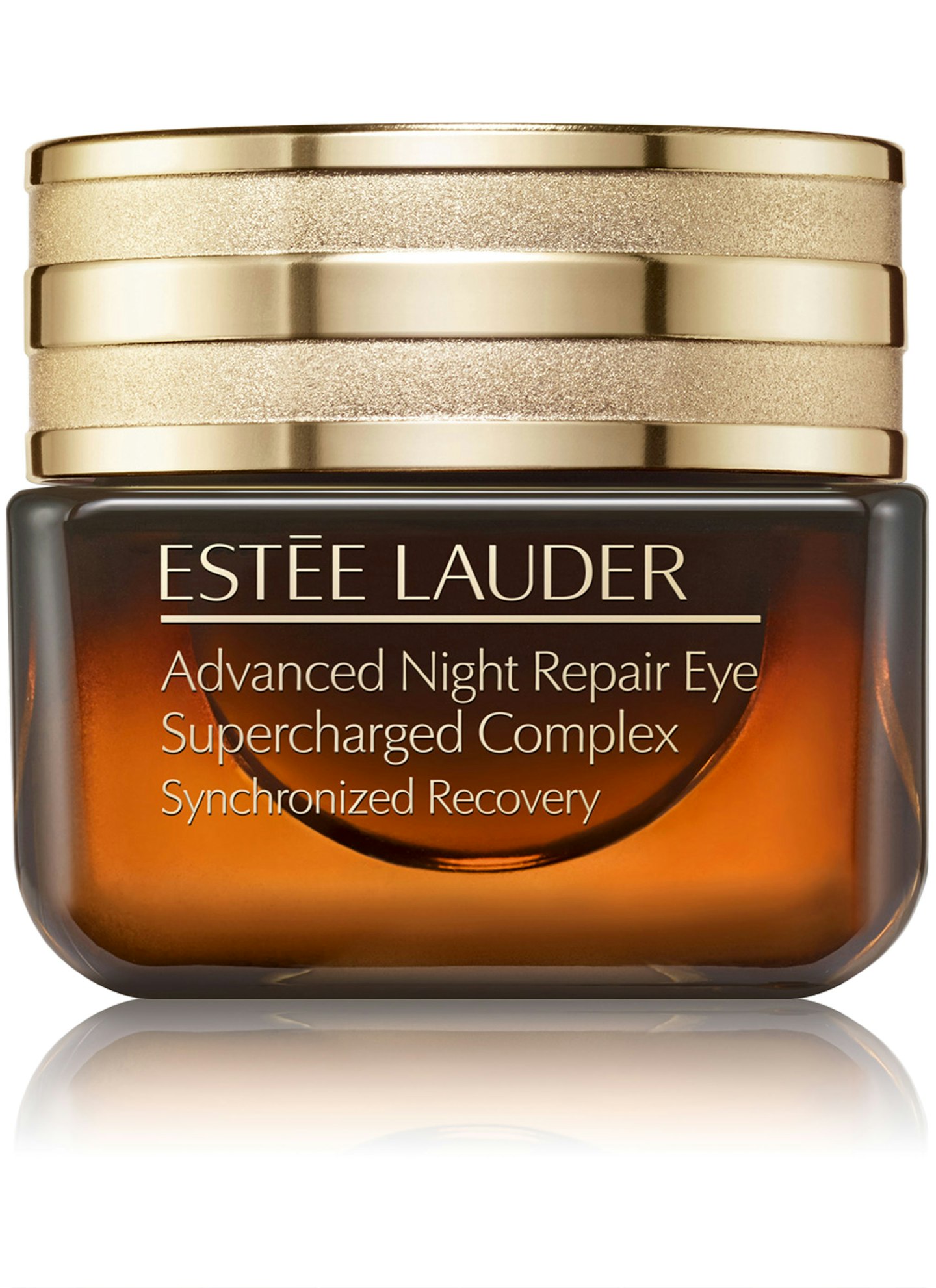 3 of 7
3 of 7Estée Lauder Advanced Night Repair Eye Supercharged Complex Synchronized Recovery, £46
Powered by patented anti-pollution and repair technology, Estée Lauder Advanced Night Repair Eye Supercharged Complex Synchronized Recovery, £46, protects the delicate eye area from UV rays, pollution and blue light.
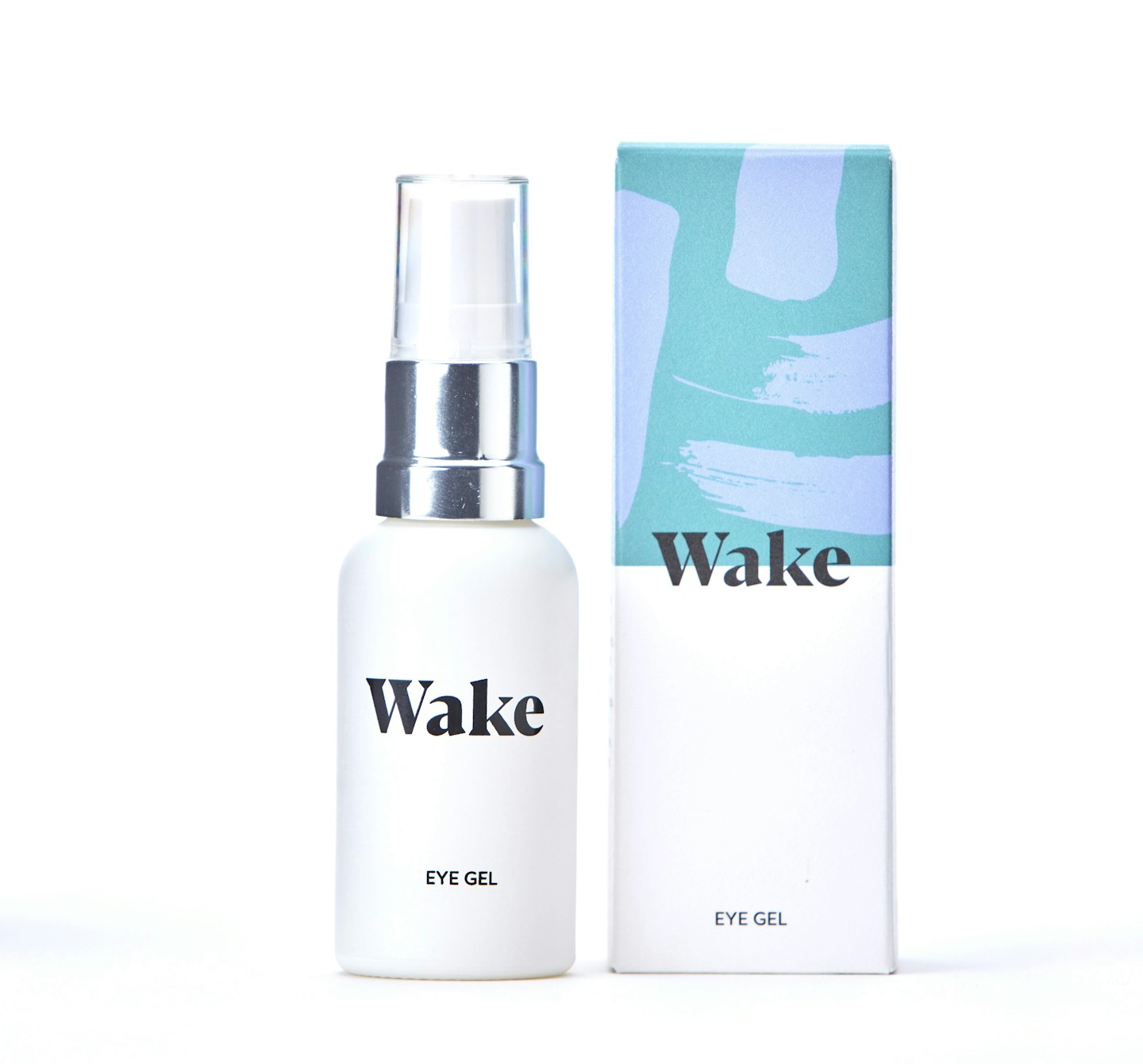 4 of 7
4 of 7Wake Eye Gel, £16.95
Soothe strained eyes with Wake Eye Gel, £16.95, containing a potently hydrating blend of vitamins and antioxidants to reduce visible signs of ageing.
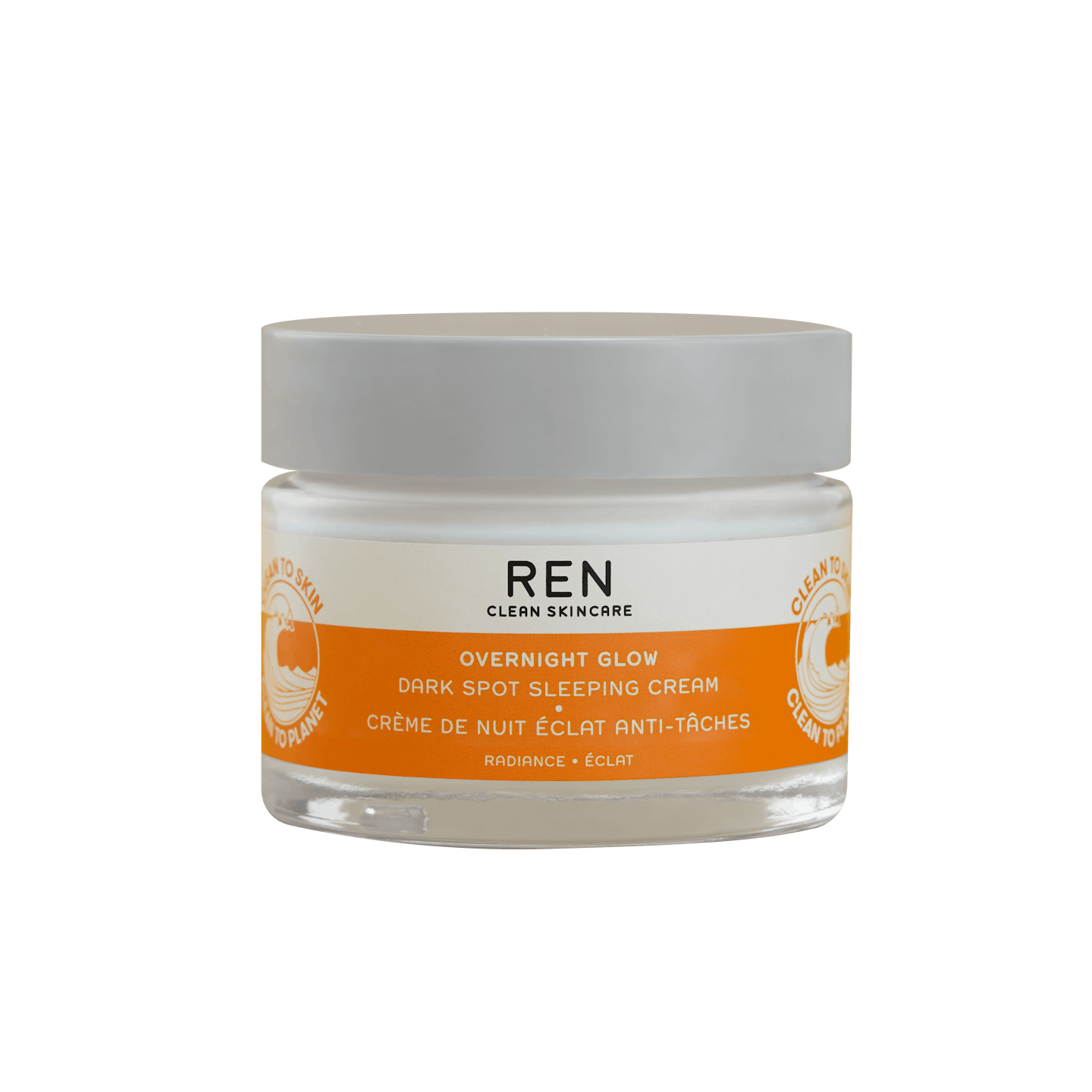 5 of 7
5 of 7REN Overnight Glow Dark Spot Sleeping Cream, £49
Specifically formulated for hyper-pigmentation, apply REN Overnight Glow Dark Spot Sleeping Cream [4], £49, before bed and note re-energised, brighter-looking skin in a matter of days.
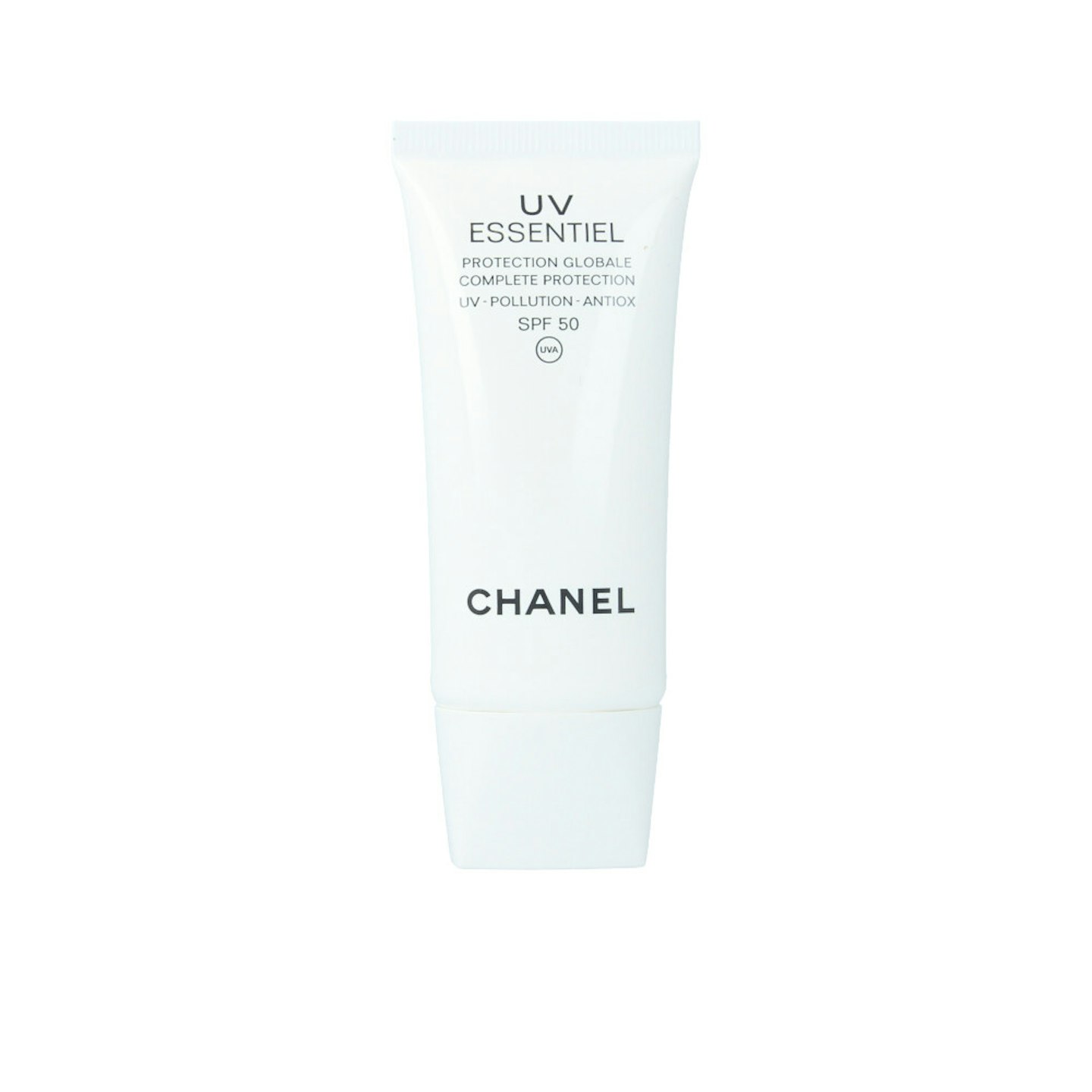 6 of 7
6 of 7Chanel UV Essentiel Gel Crème, £46
As well as offering SPF50, Chanel UV Essentiel Gel Crème, £46, combines antioxidants and anti-pollution properties to protect skin from environmental stressors.
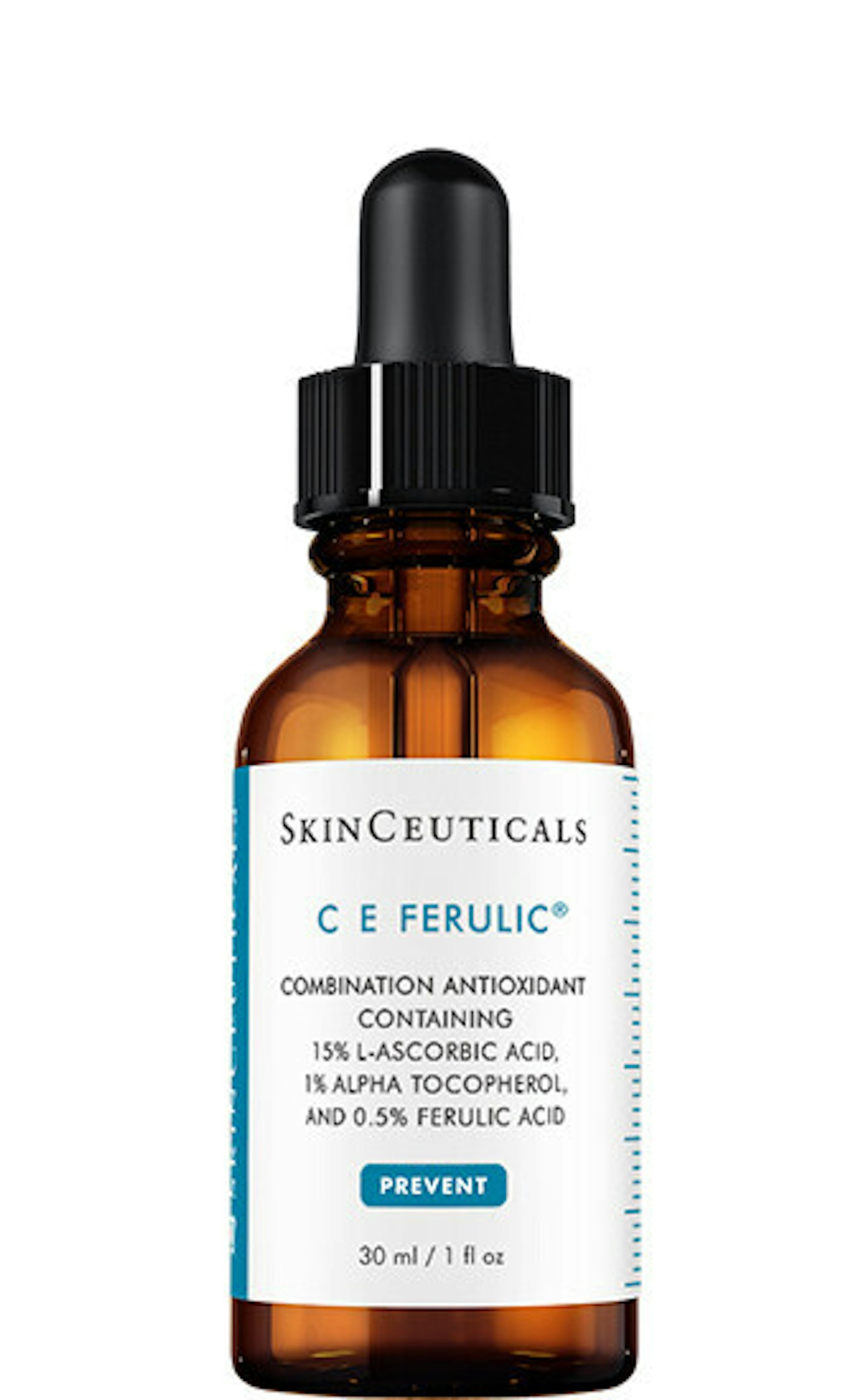 7 of 7
7 of 7Skinceuticals C E Ferulic, £140
Skinceuticals C E Ferulic, £140, is a triple-antioxidant serum that wards off free-radical damage and protects skin from oxidation while boosting radiance and glow.
READ MORE: Tried And Tested: The Best Facial SPFs To Protect Your Skin From Harmful UV Rays
